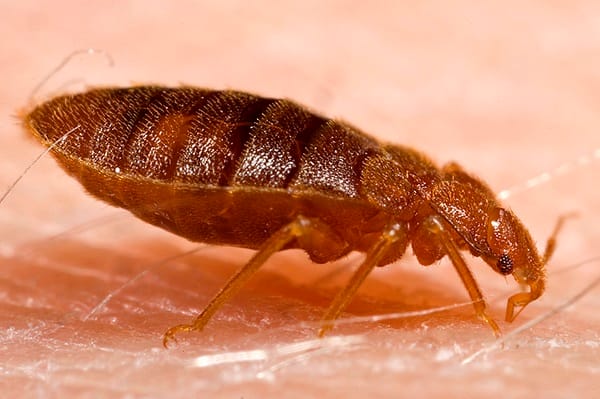London’s hotel and hospitality sector is under renewed pressure as reports of bed bug infestations surge across the capital. With tourism returning to pre-pandemic levels and occupancy rates climbing, hotels from budget chains to high-end establishments are finding themselves at the centre of a growing public health issue — and the reputational risks are significant.
In recent months, several London boroughs have seen rising numbers of complaints linked to hotels and guest accommodation. Travel forums and review sites have featured accounts from visitors who claim to have been bitten during their stay, often backed by photographs of insect bites or mattress stains. While not every report is verified, even a single accusation can damage a venue’s online ratings, leading to lost bookings and lasting harm to brand reputation.
Industry experts say the problem is linked to several factors. The resurgence of international travel has increased movement in and out of London, making it easier for pests to spread across luggage and soft furnishings. At the same time, the city’s ageing housing stock and large number of short-let apartments on platforms such as Airbnb have added pressure to a pest control system already stretched thin.
Bed bugs are particularly difficult to eliminate once they are established. Resistant to many chemical insecticides, the insects can survive DIY sprays and return within weeks, forcing hotels to re-treat rooms repeatedly. In a sector where downtime means lost revenue, businesses are increasingly looking for long-term solutions that prevent repeated closures.
That is why many hospitality operators are now seeking professional bed bug control in London. Unlike traditional approaches, specialist services such as heat treatment eradicate infestations in a single visit by raising entire rooms to temperatures between 49–60°C. The method penetrates every crevice, destroying eggs, larvae and adult insects without leaving behind chemical residues that could affect guests or staff.
One of the leading companies providing this service is ThermoPest, a London-based expert dedicated solely to bed bug eradication. The firm has built a reputation for discreet, efficient treatments that minimise disruption to hotels while delivering lasting results.
A spokesperson for ThermoPest explained:
“Hotels can’t afford repeated closures or negative reviews online. We’re working with businesses across Westminster, Kensington and Camden to eliminate infestations quickly and safely. Heat treatment is the only reliable option that clears a room in one visit, so hotels can get back to welcoming guests with confidence.”
The economic implications of infestations extend beyond lost bookings. Replacing mattresses, deep-cleaning furnishings, and compensating guests for disrupted stays can cost thousands of pounds per incident. For larger hotels, a widespread infestation could mean dozens of rooms offline, creating significant financial strain during peak seasons.
As London gears up for a busy winter of tourism, from Christmas markets to major sporting events, experts warn that the hospitality industry must take proactive steps. Investing in professional pest control is no longer optional — it’s essential for protecting reputation, revenue, and guest safety in a city where word of mouth spreads instantly online.






Leave a Comment